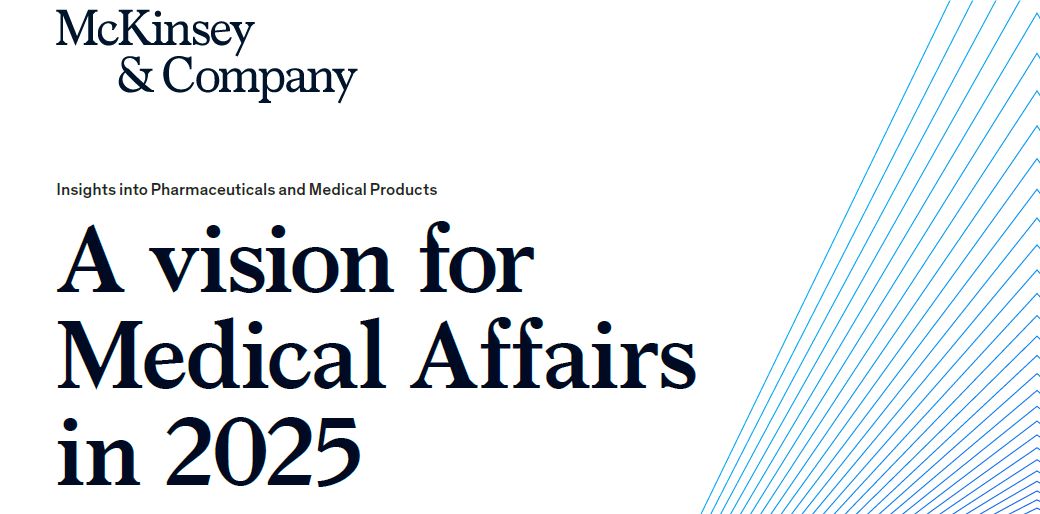"Strategies for Effective Medical Student Loan Repayment: A Comprehensive Guide to Managing Your Debt"
#### Medical Student Loan RepaymentMedical student loan repayment is a critical concern for many aspiring healthcare professionals. With the rising costs of……
#### Medical Student Loan Repayment
Medical student loan repayment is a critical concern for many aspiring healthcare professionals. With the rising costs of medical education, students often graduate with significant debt that can be daunting to manage. Understanding the various repayment options available can alleviate some of the stress associated with this financial burden.
#### Understanding Your Loans
Before diving into repayment strategies, it’s essential to understand the types of loans you may have. Federal loans, such as Direct Unsubsidized Loans and Direct PLUS Loans, typically offer more flexible repayment options compared to private loans. Familiarizing yourself with the terms, interest rates, and repayment timelines of your loans can provide a clearer picture of your financial obligations.
#### Repayment Plans

The U.S. Department of Education offers several repayment plans tailored to different financial situations. The Standard Repayment Plan is straightforward, with fixed monthly payments over a 10-year period. However, for those with fluctuating incomes, the Income-Driven Repayment (IDR) plans may be more beneficial. These plans adjust monthly payments based on your income and family size, potentially providing relief during residency when salaries are typically lower.
#### Loan Forgiveness Programs
One of the most attractive features of federal student loans is the possibility of loan forgiveness. Programs like Public Service Loan Forgiveness (PSLF) can forgive the remaining balance of your loans after making 120 qualifying payments while working full-time for a qualifying employer, such as a nonprofit or government organization. Understanding eligibility requirements and keeping meticulous records can significantly impact your financial future.
#### Refinancing Options

For those with private loans or who have graduated with higher interest federal loans, refinancing may be an option worth considering. By refinancing, you can potentially secure a lower interest rate, which can save you money over the life of the loan. However, it’s crucial to weigh the pros and cons, as refinancing federal loans means losing access to federal protections and repayment options.
#### Budgeting and Financial Planning
Effective budgeting is essential for managing medical student loan repayment. Creating a detailed budget that accounts for monthly expenses, loan payments, and savings can help you stay on track. Consider using financial planning tools or apps to monitor your spending and adjust as necessary. Additionally, building an emergency fund can provide a safety net in case of unexpected expenses.
#### Seeking Financial Advice

Navigating the complexities of student loan repayment can be overwhelming. Seeking advice from financial advisors, especially those who specialize in student loans, can provide personalized strategies tailored to your situation. They can help you understand your options, create a repayment plan, and explore additional resources for managing your debt.
#### Conclusion
In conclusion, medical student loan repayment is a multifaceted issue that requires careful consideration and planning. By understanding your loans, exploring repayment options, and seeking professional advice, you can take control of your financial future. Remember that you are not alone in this journey; many resources are available to help you navigate the challenges of student debt. With the right strategies in place, you can successfully manage your medical student loans and focus on your career in healthcare.